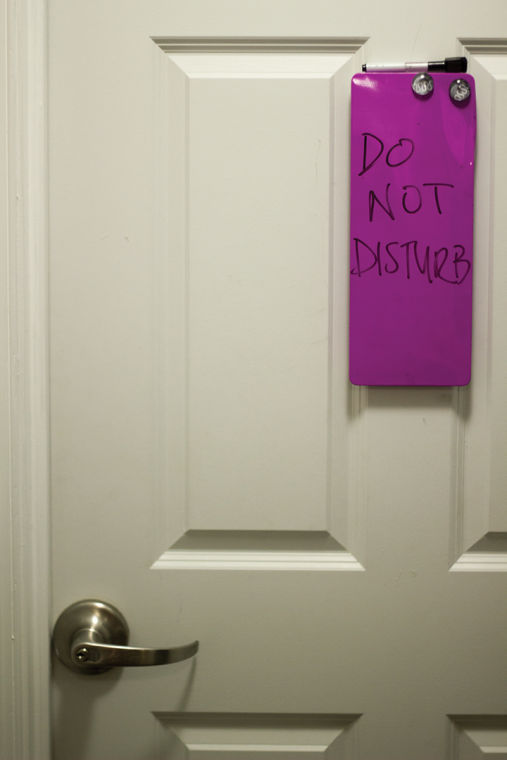As Thanksgiving approaches, students get excited for a weekend of relaxation, family bonding time and good food. But once Monday comes around, it’s back to school and back to stressing out. Finals, projects and papers reach their due dates. The weather gets colder and the days get shorter. The end of the semester, which should be a time of happiness and well-being, becomes a period of anxiety and tension.
This trying time can put students’ mental and emotional well-being at risk. With that in mind, this Friday’s opinion columns take a look at mental health as a university issue.
In today’s staff editorial, we applaud the university’s progress on supporting mental health resources, and provide a framework for further action.
“This university’s mental health initiatives need to succeed. They’re far too important to fail.”
Columnist Robert Cobb lists “5 ways to help others — and yourself.”
“We can all use help, and we all deserve to feel happy. Helping those around you feel better is always good, and it might also help you feel better yourself.”
Ezra Fishman discusses the stigma that comes with talking about mental health, and how we can avoid it in the future.
“Mental health problems are the same as any other problems…but in our culture, [they] are treated as something different — a sign of weakness or a character deficiency.”
Maria Romas explains the misconceptions about post-traumatic stress disorder.
“Because our culture and the media almost never address reasons besides war that someone could experience PTSD, people who suffer from this condition are often unaware of how accepting and helpful others can be. ”
If you or someone you know is in need of mental health services, reach out to one of these campus resources: The peer counseling Help Center hotline, the University Counseling Center or the University Health Center.






